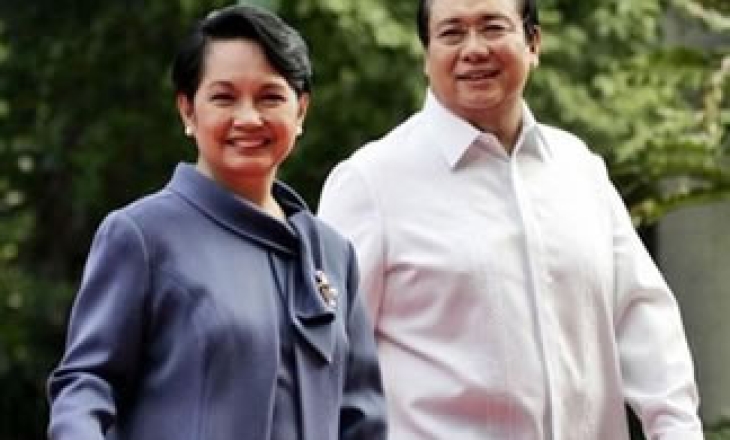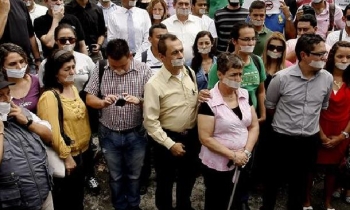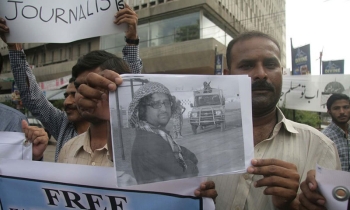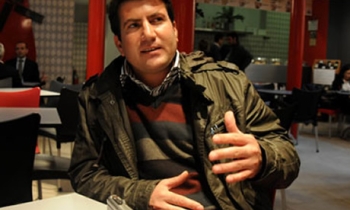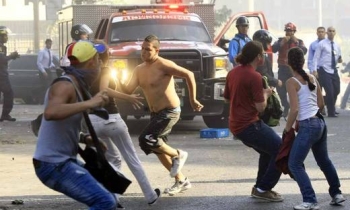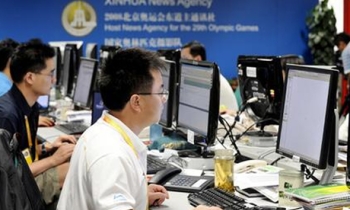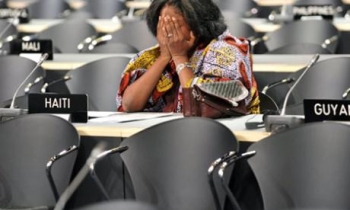Press freedom groups in the Philippines have called on the Senate to withdraw its invitation to a reporter to appear before the inquiry into the alleged corruption in World Bank (WB)-funded road projects, saying doing so might be “undue interference” in his work as a journalist.
The Senate Committee on Economic Affairs headed by Senator Miriam Defensor Santiago has summoned Newsbreak senior writer Aries Rufo to testify in the hearings on the World Bank ban on construction firms it accuses of corruption.
Rufo was among the first to report on the results of the WB investigation, in which some witnesses linked President Gloria Macapagal Arroyo’s husband Jose Miguel Arroyo to certain corrupt practices. Rufo based his story on the confidential WB report, parts of which Newsbreak obtained.
According to the WB investigation report, which looked into alleged collusion and rigging in WB-funded road projects, a Japanese contractor and Mr Arroyo met and "discussed bribes." From that meeting, it was impressed on him that "(bribe) money was important to do business in the Philippines."
The World Bank report was prepared by its Integrity Vice Presidency (INT) unit. The report said the Japanese executive also met a former senator and "it had been made clear to him that there would be no business in the Philippines without paying money."
The Japanese was also told that “money would have to be paid as high up as the president, senior government officials and politicians in order to do any further business in the country." The Japanese contractor, however, had no direct contact with the President. The report further added: “To win a contract, it would also be necessary to pay the head of the bureau and politicians several million yen.”
The Center for Media Freedom and Responsibility (CMFR) and the National Union of Journalists of the Philippines (NUJP) regard with extreme reservation the practice of summoning journalists to various inquiries—whether by security forces, either chamber of Congress, or any other government entity—supposedly to shed light on their news reports on matters of public interest. To further the goals of the inquiry or investigation, in most cases the journalist ends up being asked to provide confidential information, and/or to reveal his or her sources.
Both compromise the journalist’s primary obligation in a democracy: that of informing the public on matters that concern it. Journalists are sometimes provided confidential information for background rather than publication, and are compelled by journalism ethics to honor agreements of non-disclosure sources may require for a number of reasons, among them their safety. Some sources also prefer not to be known for the same reasons, CMFR/NUJP said.
Revealing confidential information and the identity of sources are of no relevance to the fundamental journalistic task of providing information that both reporters and editors are convinced is accurate as well as fair, and balanced as well as significant. Honouring confidentiality agreements and protecting sources are thus sanctioned by the ethics of journalism. In addition, journalists are also protected by Philippine law from disclosing their sources.
"We therefore ask the Senate to withdraw its plan to interrogate Rufo and to instead refer for information to the reports he has written and which his editors have approved for publication. Publication defines the limits of a journalist’s responsibility to the public, and for which he may be held accountable. Anything beyond those parameters constitutes undue interference in the news media’s task of providing the public the information it needs and expects, and involves the journalist in functions external to those of the press," the two organisations said.

